The Main Areas of Activity at NPİSTANBUL Brain Hospital in Turkey
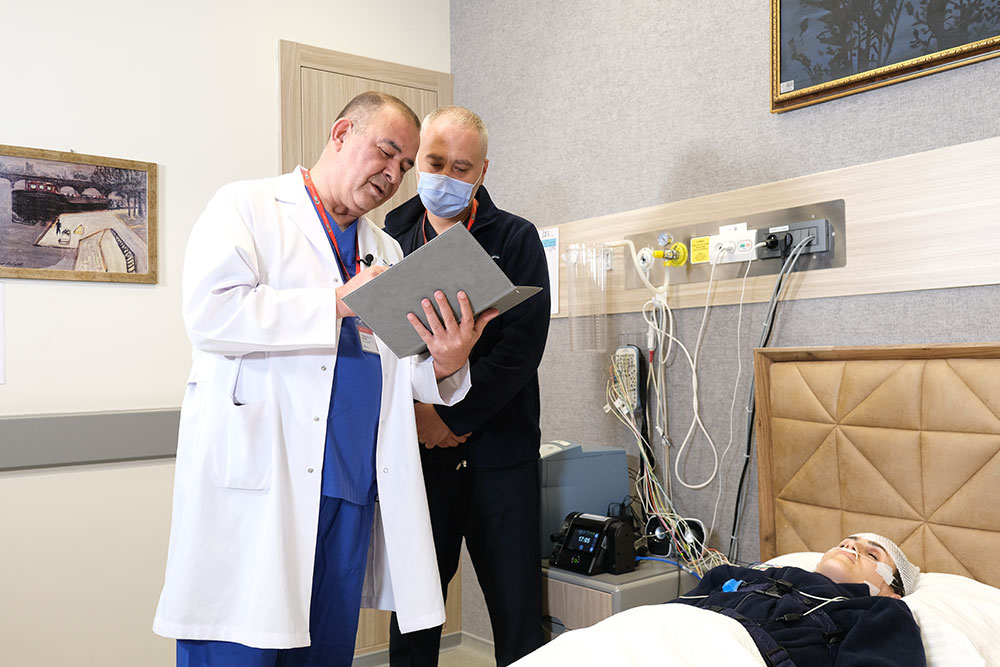
NPİSTANBUL Brain Hospital specializes in the comprehensive treatment of mental and neurological diseases. The main areas of activity include:
- Neuropsychiatry (treatment of depression, anxiety disorders, schizophrenia and other mental illnesses);
- Neurology and neurosurgery (treatment of diseases of the central and peripheral nervous system, including epilepsy and neurodegenerative diseases).
The clinic is also actively involved in rehabilitation, diagnostics using advanced brain imaging methods and psychotherapy. Particular attention is paid to pharmacogenetics and a personalized approach to treatment.
Advanced Technologies in Neurosurgery at NPİSTANBUL in Turkey
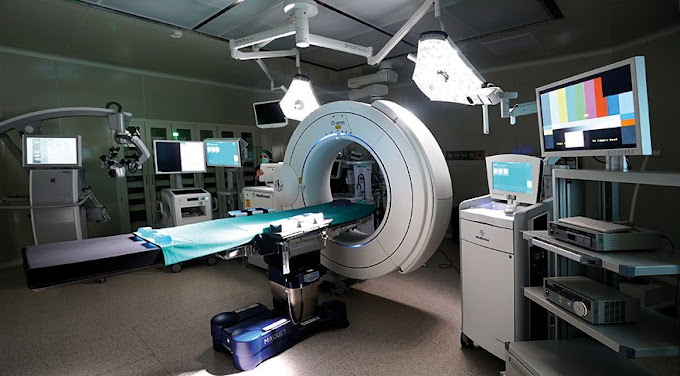
NPİSTANBUL Clinic uses advanced technologies in its practice, ensuring high precision and safety in neurosurgical operations. The main medical innovations used in the brain treatment center include:
- O-arm Imaging System. The system provides real-time three-dimensional visualization during surgery. It allows the surgeon to see the patient’s anatomy with high accuracy, which minimizes risks and increases the effectiveness of surgical intervention. O-arm is used for navigation in complex areas of the brain and spine, significantly reducing the likelihood of repeat surgeries.
- Neuronavigation. This technology creates a three-dimensional model of the patient’s brain, helping the surgeon to accurately plan and perform the operation. This is especially important for tumor removal or performing complex interventions in hard-to-reach areas of the brain. Neuronavigation minimizes damage to healthy tissues and improves surgical outcomes.
- Intraoperative Neuromonitoring. This technology allows real-time monitoring of the functional state of the patient’s nervous system during surgery. With this method, it is possible to track the activity of the spinal cord and peripheral nerves, which helps the surgeon avoid damage that could lead to paralysis or other neurological complications.
- Gamma Knife. This is a highly precise, non-invasive radiosurgical technique used for treating brain tumors and arteriovenous malformations. This technology uses focused gamma rays to destroy pathological tissue without the need for open surgery. The Gamma Knife targets the tumor with minimal risk to surrounding healthy tissue, which is especially important in treating complex and sensitive brain areas.
- CyberKnife. A robotic radiosurgery system that allows for the precise treatment of tumors and other formations in the brain. Unlike traditional methods, CyberKnife does not require incisions or anesthesia. The system automatically adjusts the patient’s position and the direction of the radiation beams to ensure accurate targeting of pathological areas, even if the tumor moves during breathing or peristalsis.
- Functional MRI (fMRI). This allows imaging of active brain regions, helping the surgeon better plan the operation and minimize the risk of damaging functionally important areas. This method is especially useful in preparing for surgeries on areas of the brain responsible for speech, movement and other important functions.
These advanced technologies make NPİSTANBUL Brain Treatment Clinic in Turkey one of the leaders in the field of neurosurgery, ensuring a high level of safety and effectiveness of treatment even in the most complex cases.
Personalized Treatment at NPİSTANBUL Brain Hospital
Personalized treatment at NPİSTANBUL Clinic is based on the individual characteristics of the patient, such as genetic profile, lifestyle and medical history. A key element is pharmacogenetics, a method that determines how specific genes affect how the body responds to different medications. This allows doctors to select the most effective drugs and dosages with minimal side effects. Psychosocial factors are also taken into account, allowing therapy to be tailored to the specific needs of the patient, ensuring more successful treatment and improved quality of life.
Operating Rooms at NPİSTANBUL Brain Hospital in Turkey
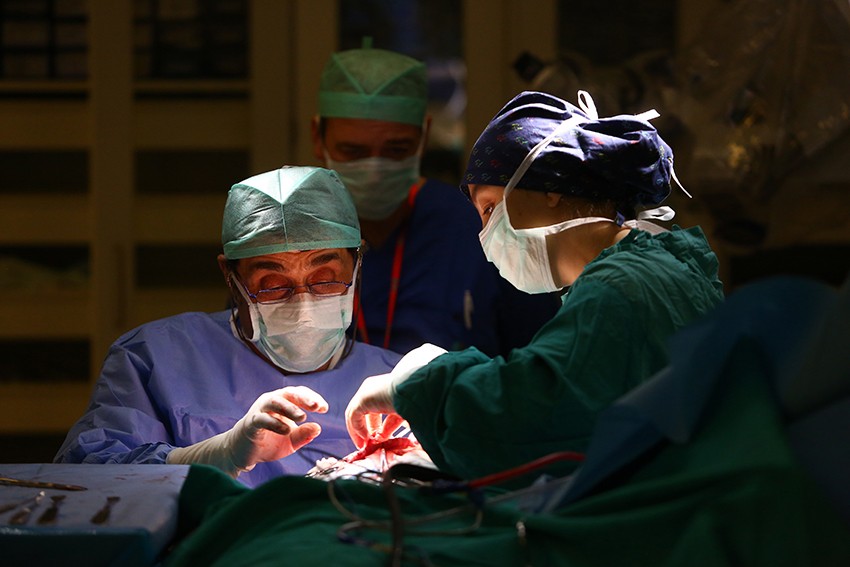
NPİSTANBUL Brain Hospital is equipped with some of the most modern operating rooms in Turkey, which meet international standards.
Advantages of the most modern operating rooms:
- 1A Ultra Clean cleanliness level. These are the first operating rooms in Turkey with this level of cleanliness. The 1A Ultra Clean system minimizes the risk of infections, which is especially important for complex neurosurgical operations.
- Modern infrastructure. The operating rooms are equipped with advanced medical devices, including neuronavigation systems, intraoperative MRI and ultrasound scanners. These technologies allow doctors to perform highly accurate and minimally invasive surgeries, reducing risks and speeding up patient recovery.
- Robotic surgery. The clinic actively uses robotic systems that provide maximum accuracy in tumor removal and other complex surgeries.
- Safety and technology. The operating rooms are equipped with smart technologies and data protection systems, ensuring not only a high level of patient safety, but also reliable management of medical information.
These advantages and the wide range of operations performed make NPİSTANBUL operating clinics one of the best in the field of neurosurgery in Turkey.
If you are interested in the possibility of treatment at the NPİSTANBUL Brain Treatment Clinic, fill out the feedback form below or call the phone number listed on the website. A MedTour coordinating doctor will provide you with all the necessary information and help organize treatment in Turkey.
Would you like a free consultation?
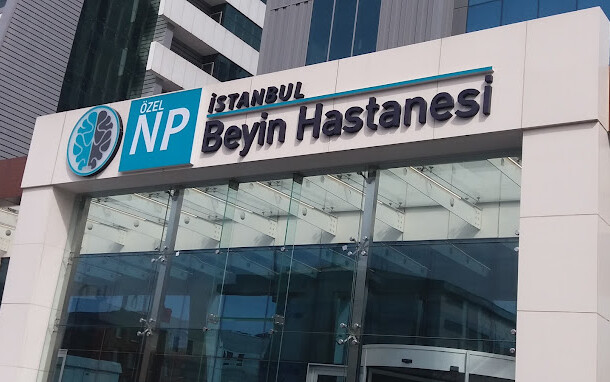
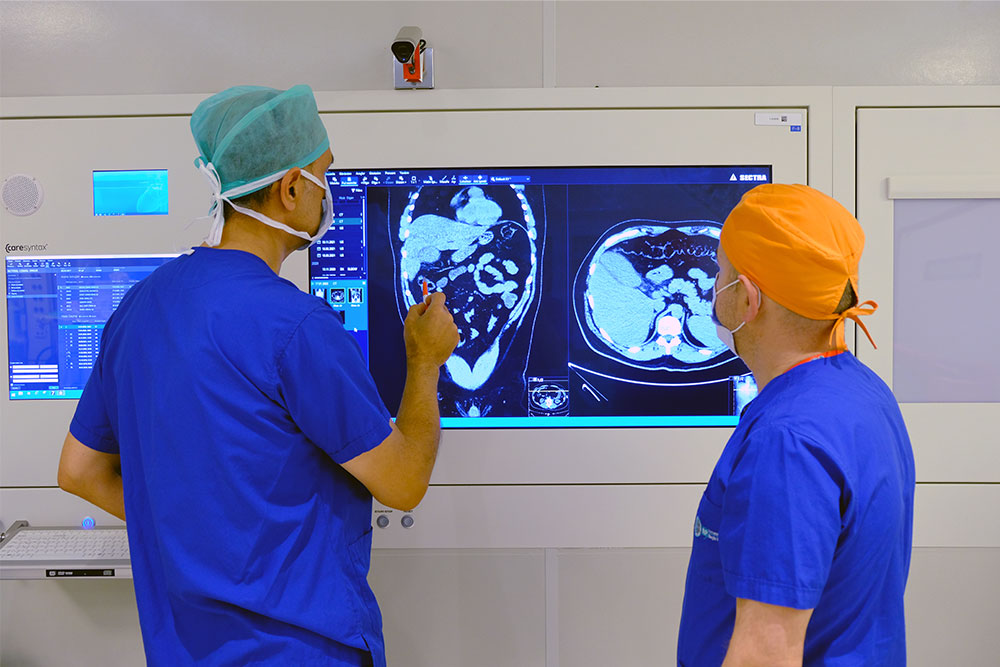
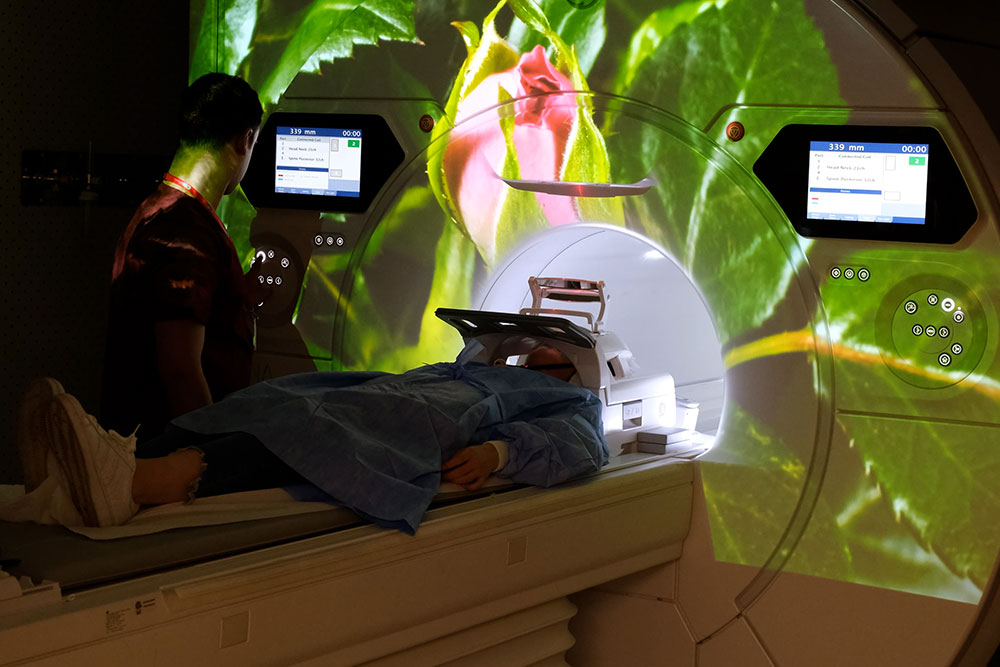
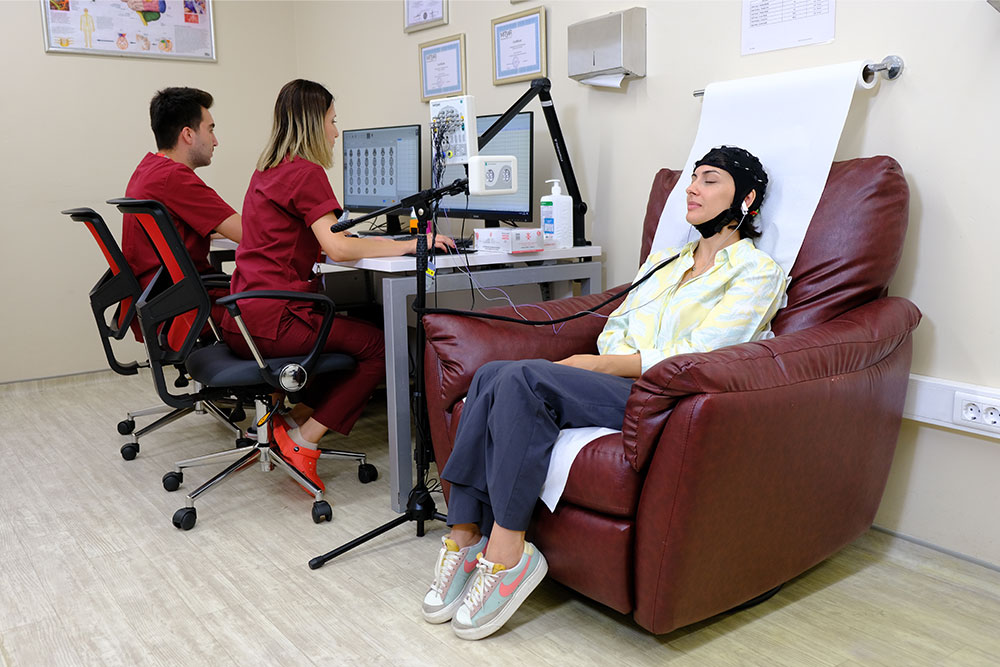


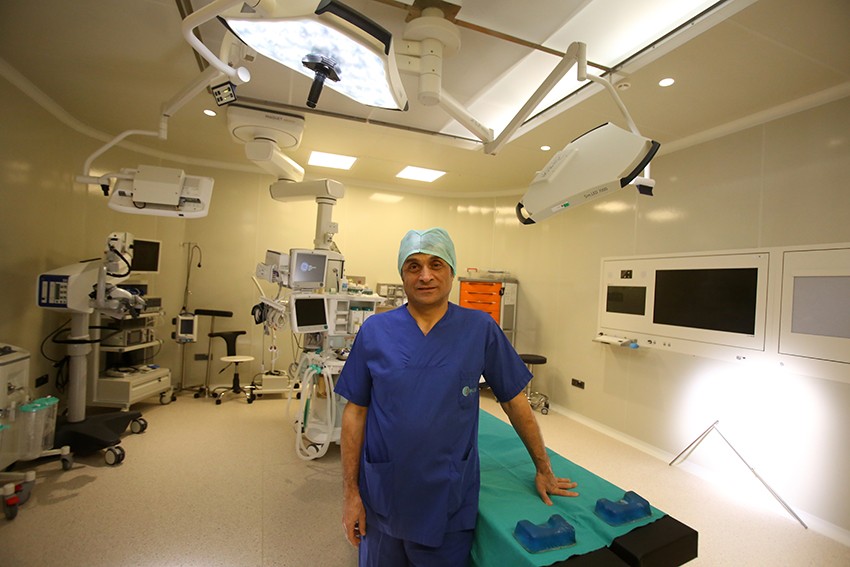







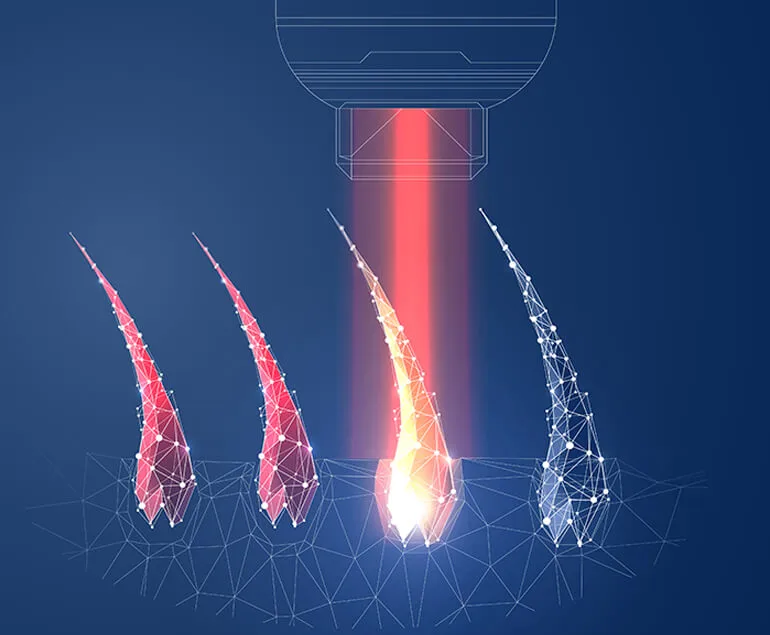
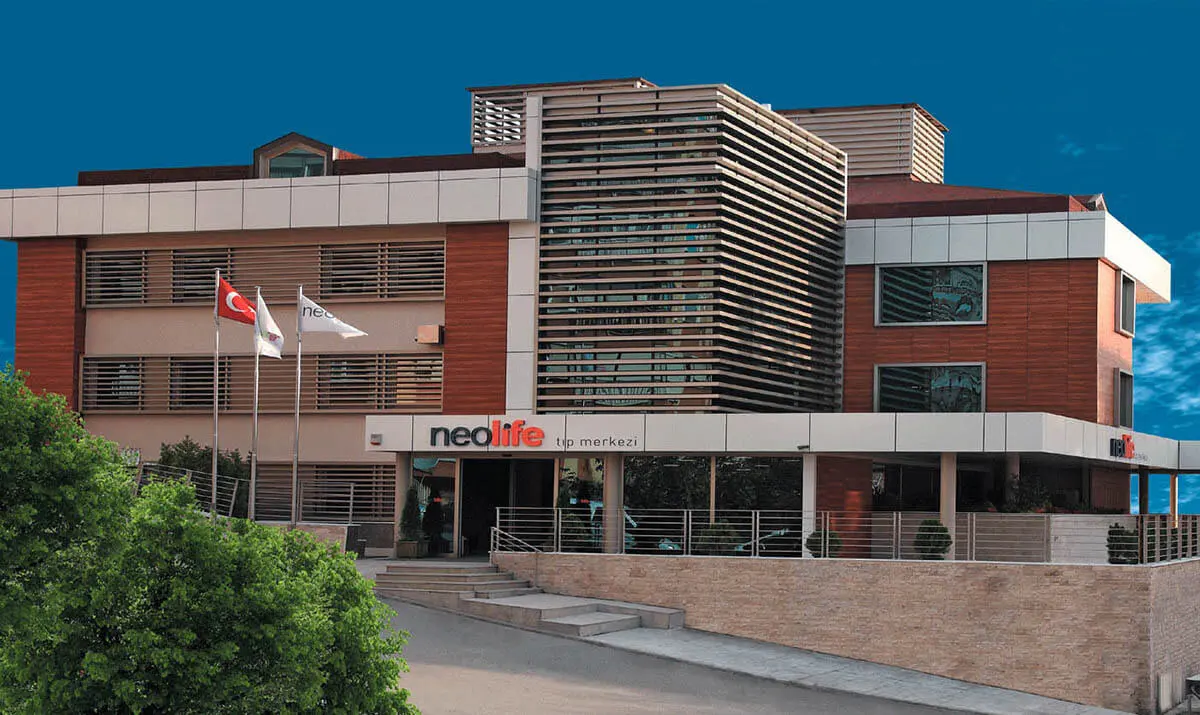

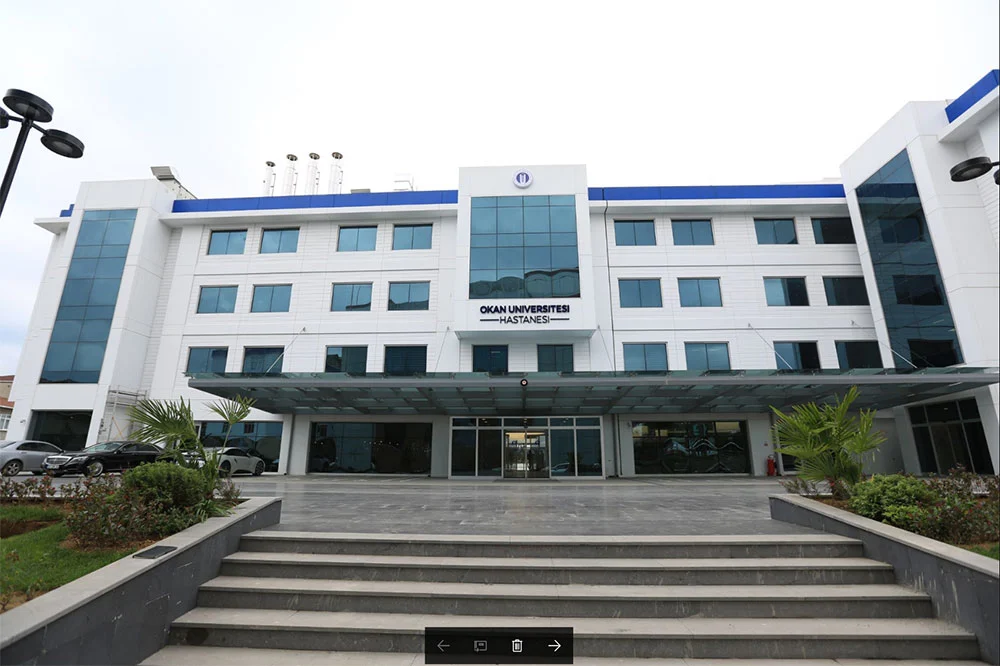



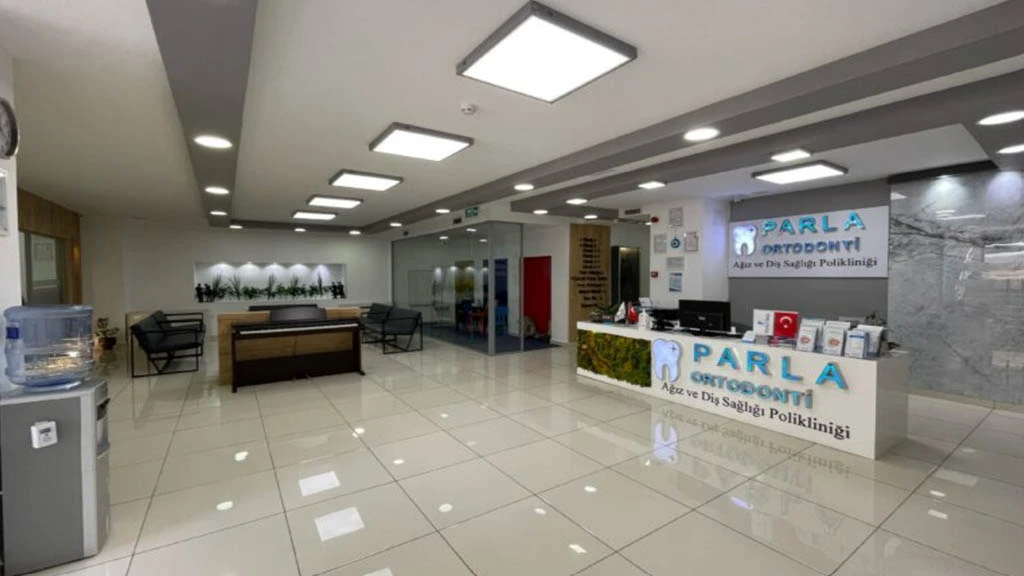


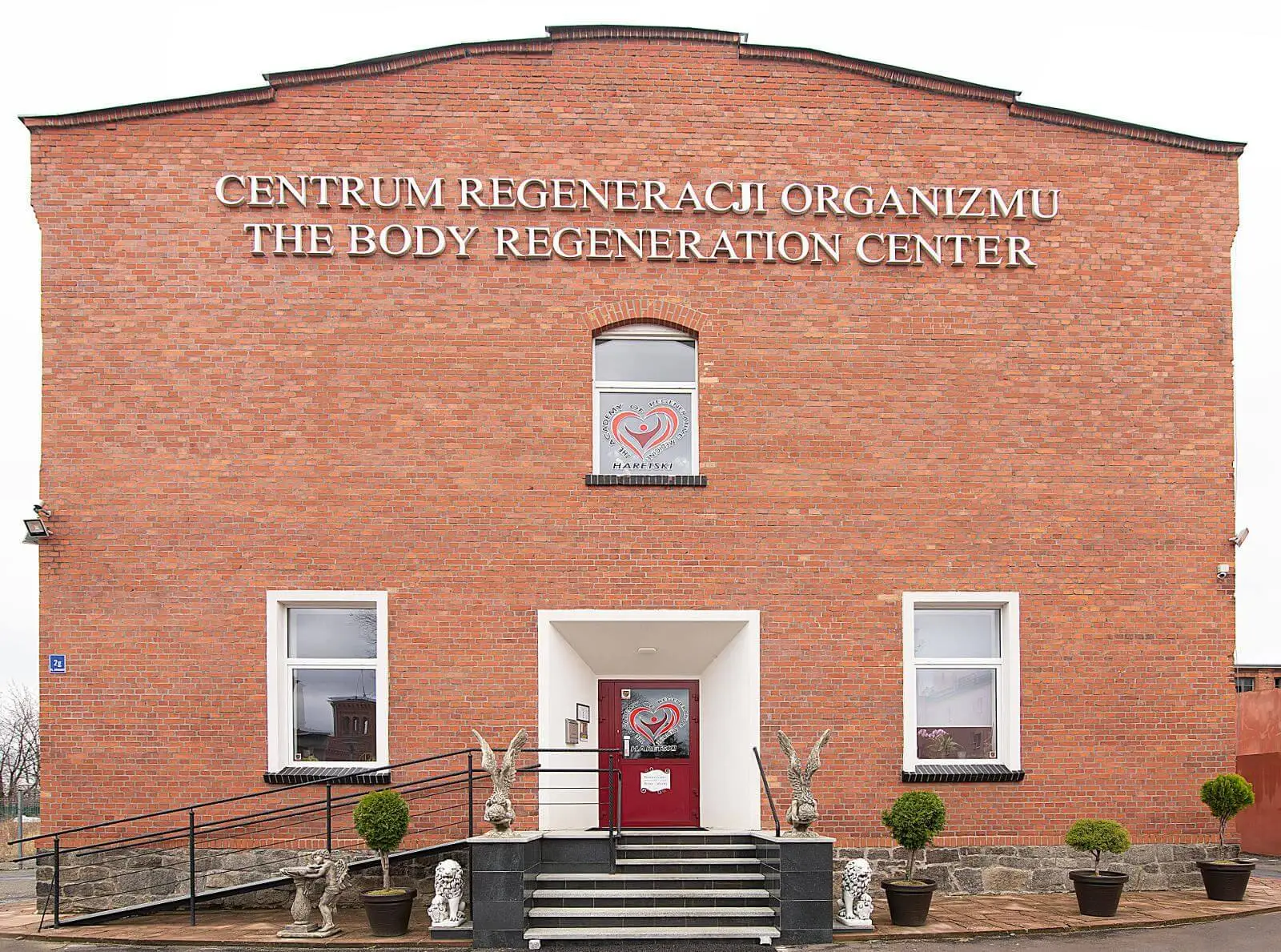

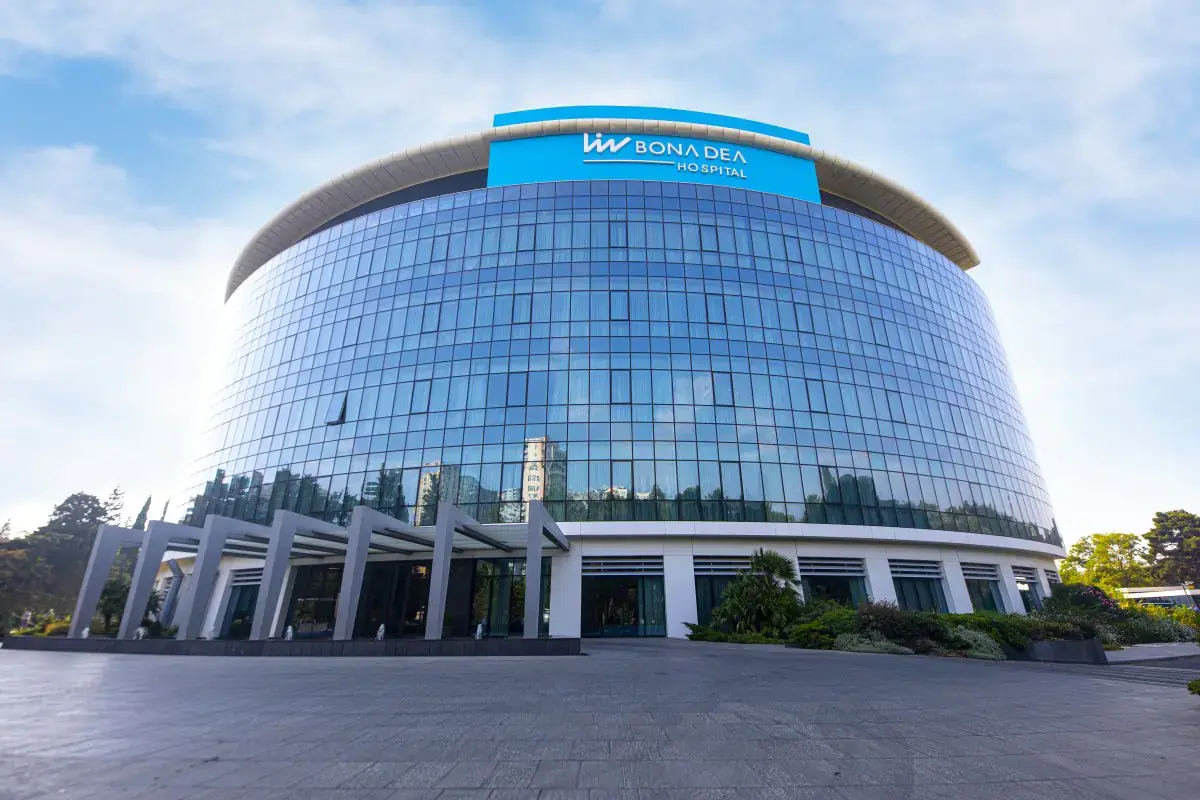
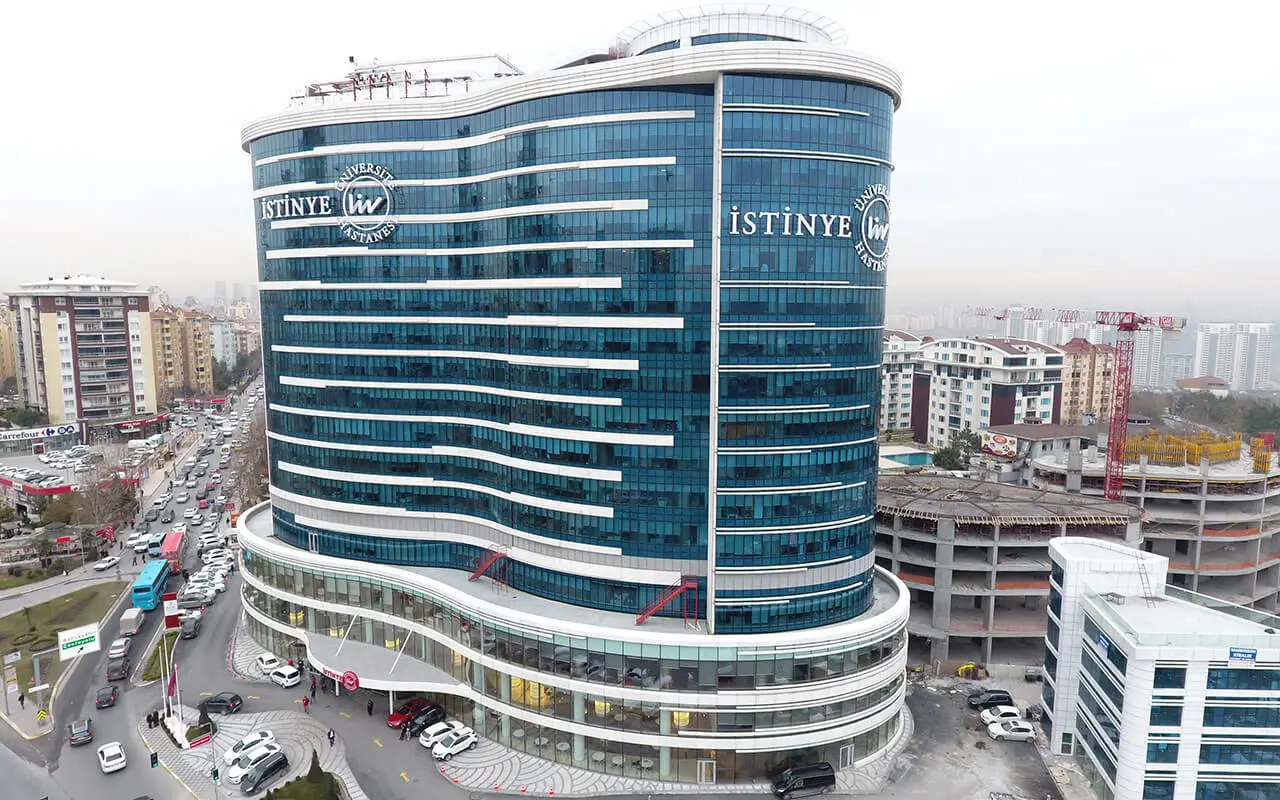
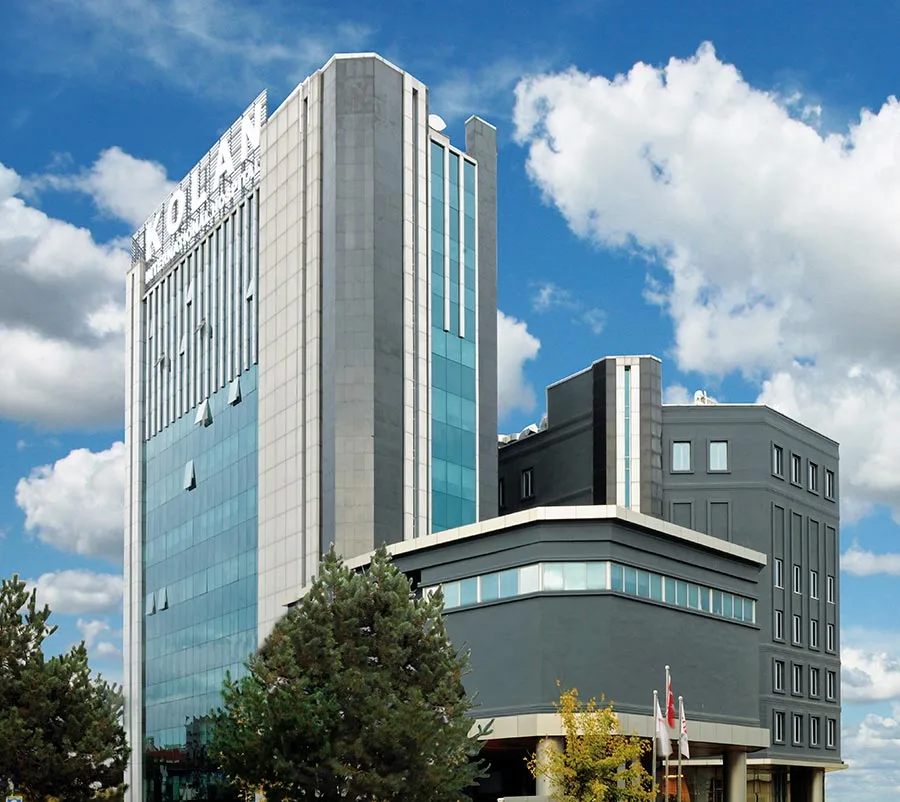

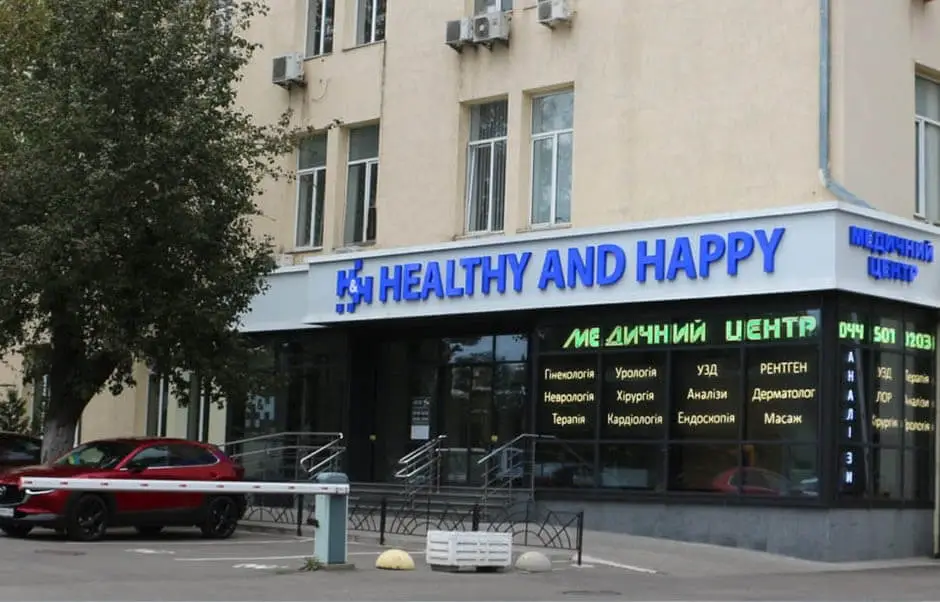
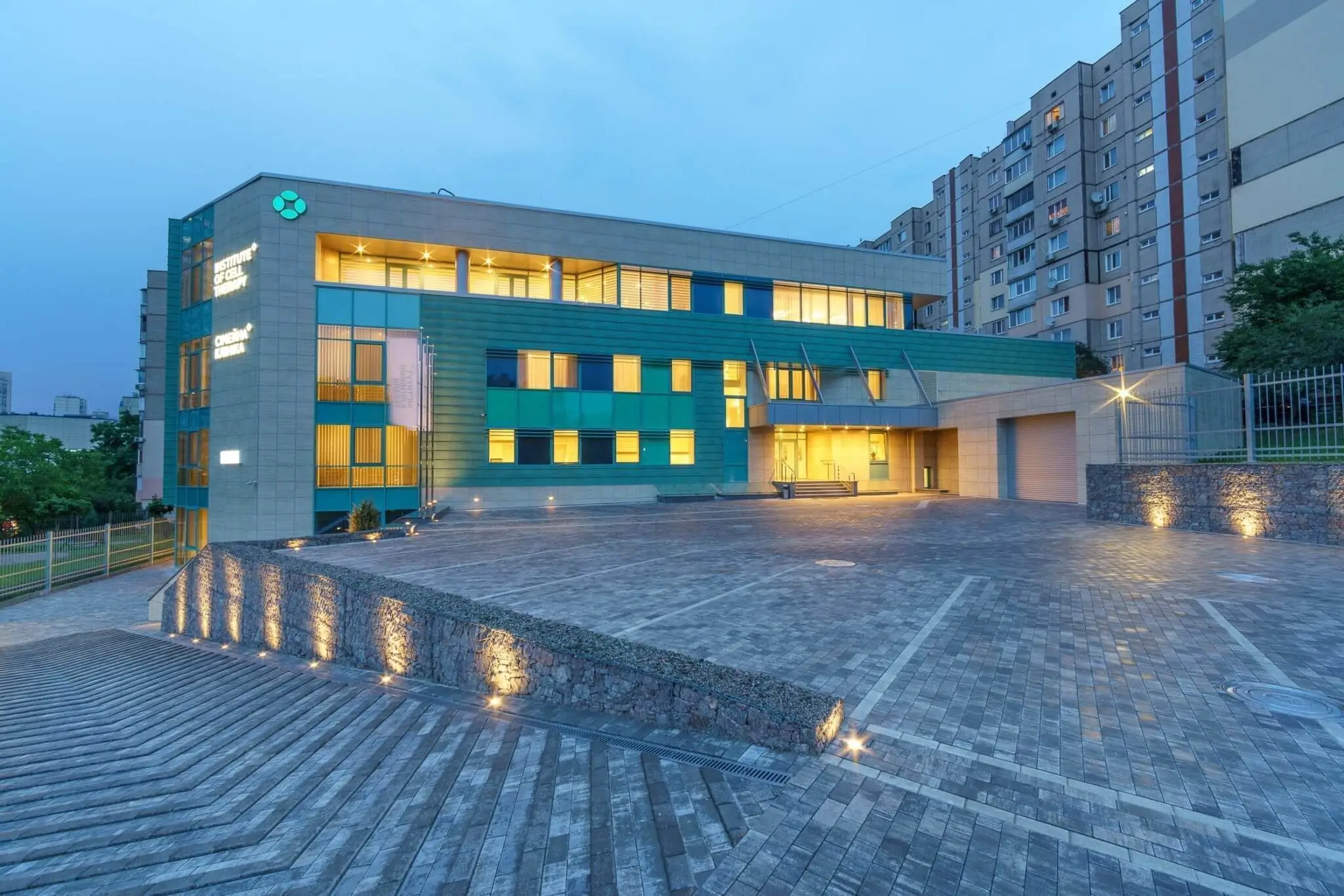
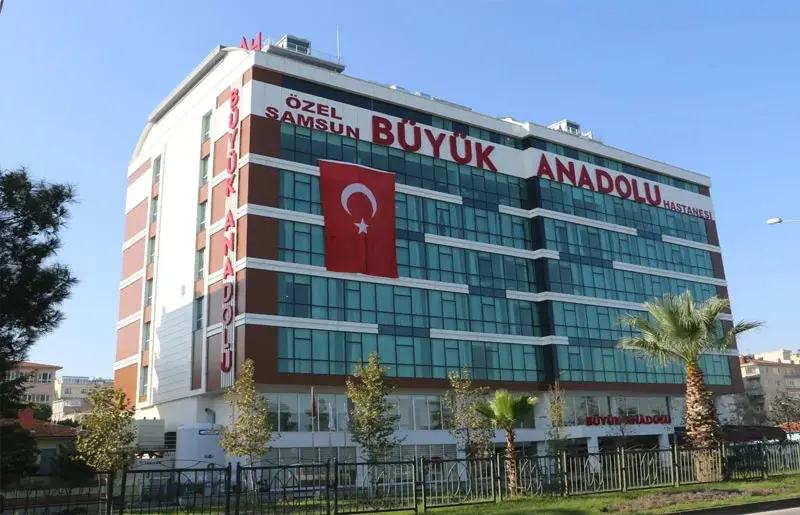

I want to seratonine testing on-site and neurofeedback diagnostics and meet the doctor.